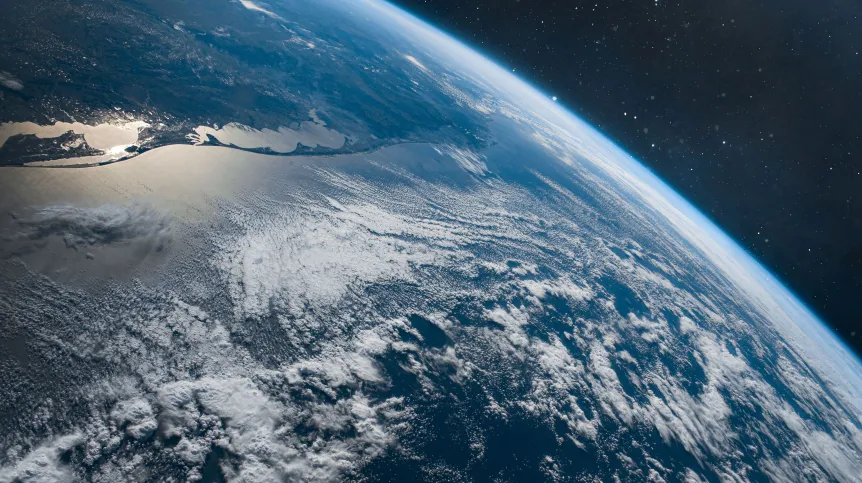
Polish company Scanway is to build two telescopes for a demonstration satellite as part of its vision of having Europe's first constellation of satellites that will provide multispectral data of the Earth in very high resolution (VHR).
Active in the field of observation technology and machine vision, Scanway already has a telescope on board the largest Polish satellite EagleEye, built by Creotech Instruments, and which is currently awaiting launch. Scanway cameras also worked on board the recently launched new European rocket Ariane 6.
Now, together with Marble Imaging, the company is involved in the SEMOViS project financed by the ESA as part of InCubed, one of the ESA’s programmes to increase Poland's contribution to the agency.
Scanway CEO Jędrzej Kowalewski said: 'VHR data, capturing more information and detail, are a desirable source of information for issues related to national security, climate change adaptation strategies, and rapid response and mitigation of disasters. This type of data is often obtained from companies outside Europe, which creates a number of risks related to the supply chain and availability on demand. Together with Marble Imaging, we are building a solution that ensures independence and autonomy for Europe through easy and uninterrupted access to VHR data. The demonstration satellite will be the first, very important step on the way to this goal.’
As part of the project, Scanway will deliver a telescope with a resolution (GSD) of less than 1 meter per pixel, operating in the visible spectrum (VIS). It is also possible to equip the satellite with another optical instrument, operating in the infrared spectrum (SWIR), with a resolution of less than 10 meters per pixel. Data processing will be performed using algorithms developed by Marble Imaging and Scanway.
Scanway will supply a telescope with a resolution of less than 1 meter from an orbit of about 500 km. The satellite weighing 100 kg is expected to be launched at the turn of 2026.
'The telescope we will supply for the demonstration satellite will be about twice as large as the telescope that we used in the EagleEye project, the largest satellite so far in the history of the Polish space sector development', says Mikołaj Podgórski, COO and co-founder of Scanway.
The total amount of ESA funding for the project is 3.94 million euros, of which 3.2 million euros will go to Scanway and 0.74 million euros to Marble Imaging.
Scanway's expected revenue from the contract is approximately 1.6 million euros in 2024 and approximately 1.6 million euros in 2025 and 2026.
The satellite platform will be supplied by Reflex Aerospace. Exolaunch will be responsible for the satellite launch as part of a free slot - thanks to Marble Imaging and Scanway winning the competition in November 2023 as part of the 'Small Satellite Initiative', organized by the German Space Agency DLR.
In addition to InCubed 2, Scanway is listed as a potential payload supplier in at least 4 other programmes with a total value of several dozen million PLN.
The total pool of Polish subscriptions to ESA optional programs for 2023-2025 is PLN 200 million. (PAP)
Marek Matacz
mat/ zan/ kap/
tr. RL













